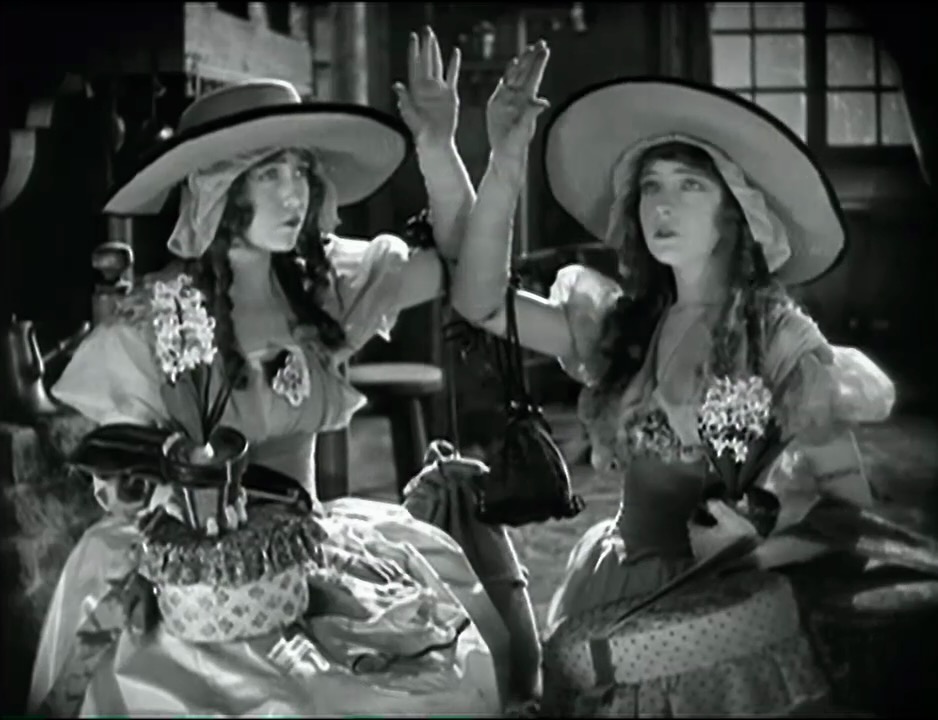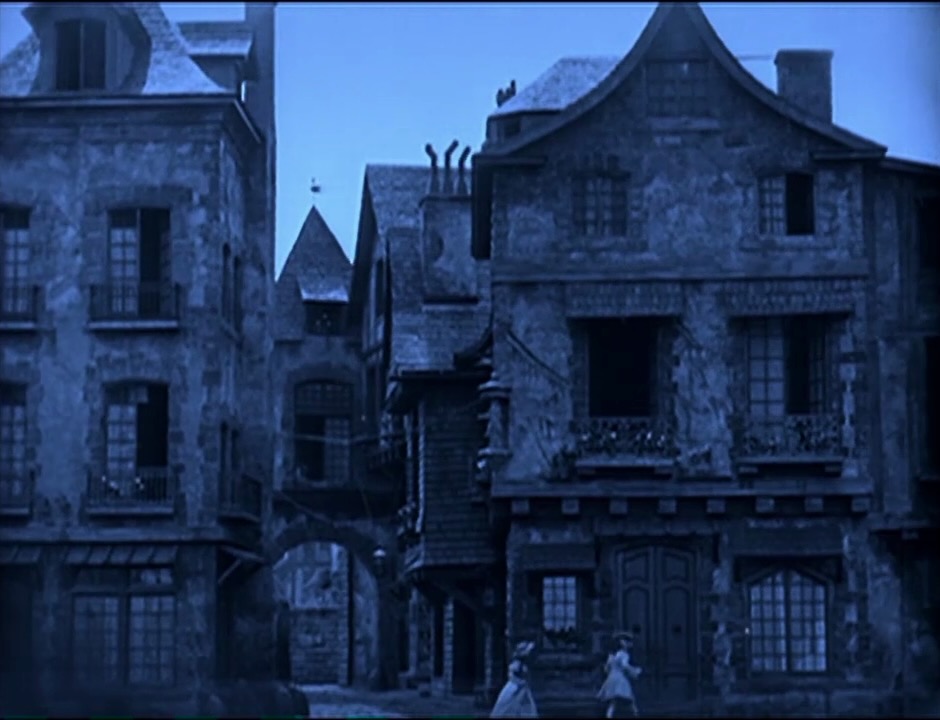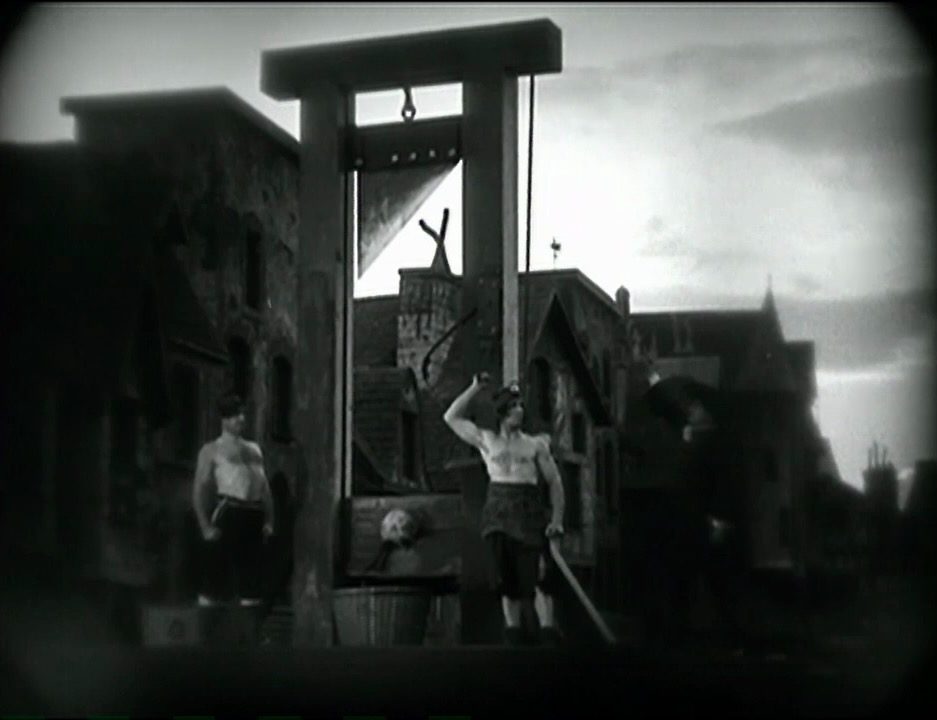John Semley in The Nation:
From Pynchon’s 1990 novel Vineland, Anderson borrows a basic conceit: A group of countercultural misfits, living underground, whose lives-on-the-fringe are disturbed by the return, years later, by a government tormentor operating as a stand-in for that all-American avatar of authority and oppression typically called “The Man.”
…
At first blush, Vineland seemed unadaptable in a contemporary context. Not only because of the density of the prose or the lunacy of its plot—which includes a Godzilla attack, a UFO, and a tow truck that ferries the spirits of the damned to hell—but because of its chronology … But Anderson’s film proves that these more central divisions — between freaks and squares, parents and children, the rigid brokers of authority and subversive agents of liberation — can be mapped across American history.
Perhaps what I liked most about this After Hours-esque odyssey of Leo being a bozo father trying his best though, is that he ultimately contributes next to nothing in terms of physical help to Willa who is experiencing her own completely separate bravura setpiece, that builds itself out so patiently from so many gradually accumulated details you honestly don’t realize you’re in PTA’s version of a T2/Friedkin car chase until it’s already under way.
Israel Daramola in Defector:
I’m reminded of another great character in the film: Deandra (Regina Hall), who generates so much sadness and empathy with how she looks at and regards other characters, especially Willa, and how Anderson photographs those feelings that can’t be grasped with words on her face and then frames it in a scene. There’s so much love and care all over this movie full of anguish, explosions, and weed jokes.
Also Good: Paul Duane
Reminder to revisit Robert Daniels’s Time piece after seeing The Mastermind and Eddington.
And of course Nayman, whose Coens book I just finished and whose Anderson book is on deck.















